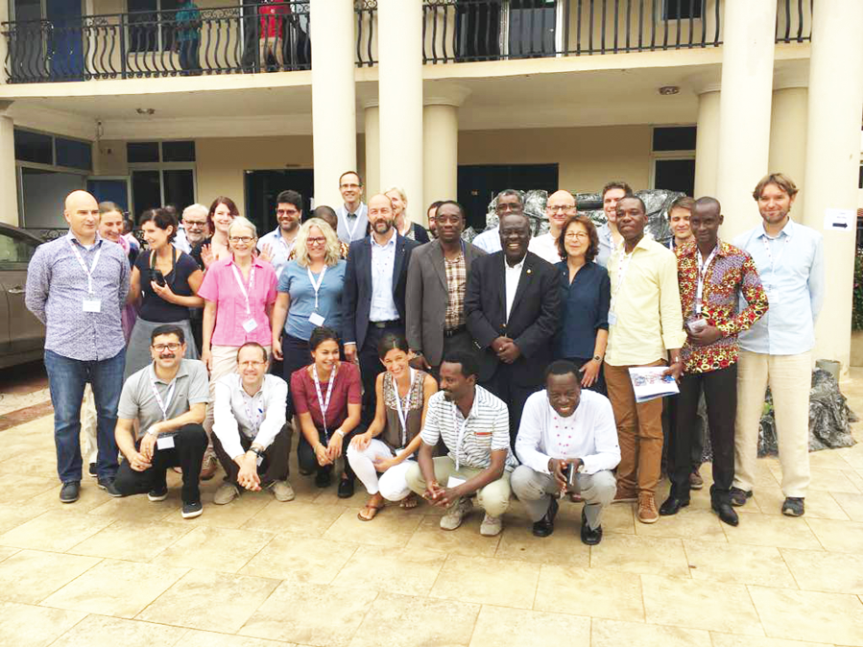
International disaster management workshop ends in Tamale
An international disaster management workshop has been organised in Tamale in the Northern Region.
It brought experts from the international community together and was aimed at strengthening the capacities of participants to help “diminish risks and save lives”. It was organised by the Swiss Red Cross and hosted by the Ghana Red Cross Society (GRCS).
Some of the participants and disaster management experts came from Lebanon, Egypt, Ethiopia, Sudan, South Sudan, Malawi, Mali, Togo and Switzerland.
The President of the GRCS, Dr Michael Agyekum Addo, in an address, said the workshop was in line with the thematic objectives of disaster management at the West African regional level, as well as activities of the Swiss Red Cross Africa and Middle East programmes from 2017 to 2020.
According to him, the workshop was timely for the GRCS as disaster risk management, which also included disaster risk reduction, was significantly captured in the strategic plan of the society from 2016 to 2020.
He said the workshop was also apt and very relevant to the enhancement of the society’s humanitarian activities across the country.
“As you all know, no country is immune to disasters. Mention can be made of Tropical Storm Harvey, causing havoc in Houston and other states in the USA, the disasters resulting from the wars in Syria, Yemen and Myanmar and the flash floods which killed hundreds in Sierra Leone,” he said.
Disasters
“We can also talk of the Ebola outbreak in Liberia, Sierra Leone, Guinea and other countries, of which Ghana became the logistical hub for coordinating the response and of which the GRCS played a huge role, especially towards the Red Cross Movement response,” Dr Addo added.
He said Ghana had had its own share of disasters, making mention of the June 3 fire and flood disaster in Accra, the Melcom building collapse and the stadium disaster.
Dr Addo also mentioned public health emergencies that the country had experienced to include cholera and cerebral spinal meningitis outbreaks, among others, saying they were all sources of worry which required solid disaster reduction strategies.
“This is because when any of these threats erupt, thousands of families who just the night before were confident about life suddenly find themselves vulnerable,” he said.
“Luckily, GRCS has advocated and built capacity in this. In the Northern and Upper East regions, for example, we have partnered with the regional, district authorities and communities to develop a Disaster Management Framework which identifies community threats, actions required to address them and responsibilities,” he added.
The leader of the Swiss delegation, Mr Indermuhle Lorenz, who is also the Head of the Swiss Red Cross, commended the GRCS for hosting the week-long workshop.
